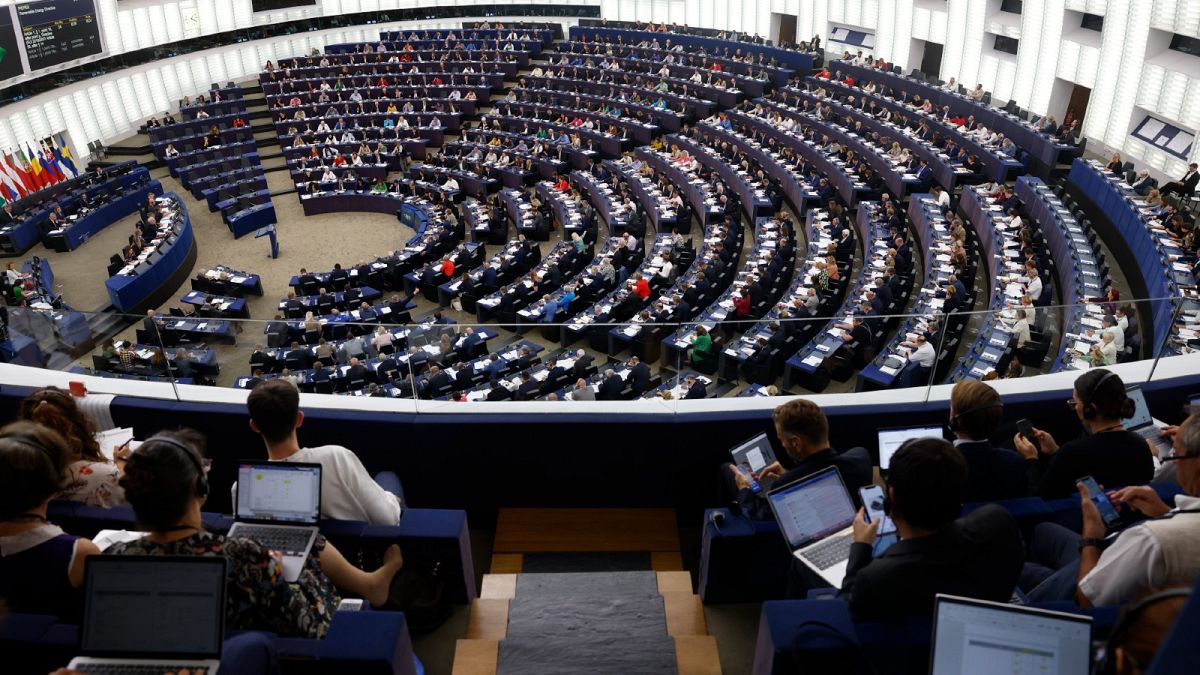The environment, the energy crisis and defence are likely to be some of the big topics for European lawmakers next year.
The past year has been one of the most intense in the EU’s history as lawmakers grappled with the return of war on the continent, energy and cost of living crises as well as a shocking corruption scandal in Brussels.
Euronews spoke with MEPs during their last plenary of the year in Strasbourg to discuss the year's highlights and what they hope the bloc will progress on in 2023.
For Belgian MEP Philippe Lamberts, co-President of the Greens/EFA group, "the biggest fight was to avoid the Green Deal, the European Green Deal, and the Fit for 55 (from being) derailed."
He added that a "serious concern" for the group is that there are efforts to weaken the Green Deal, which aims to make the EU carbon neutral by mid-century.
The environment is also at the top of the agenda for Irish MEP Luke Ming Flanagan (The Left), especially the Nature Restoration Directive and how it relates to food security and sovereignty.
The Directive was proposed by the Commission in June and aims to restore ecosystems, habitats and species across the EU’s land and sea areas in order the bolster nature's resilience and achieve the EU’s climate objectives.
The European Parliament and Council now need to negotiate and endorse the proposed law.
Radosław Sikorski, a Polish MEP from the EPP, places the energy crisis and defence as two of his priorities for 2023.
"We now need to face it (the energy crisis) both because it's a matter of protecting the climate of our planet, but also because it's a security issue. We can't be dependent on (Russian President Vladimir) Putin, and we can't be blackmailed by an authoritarian state like that.
"So, I shall persevere in trying to persuade this House and other EU institutions and indeed Member States that it's high time to get serious about European defence," he added.
Watch our report in the video player above.
